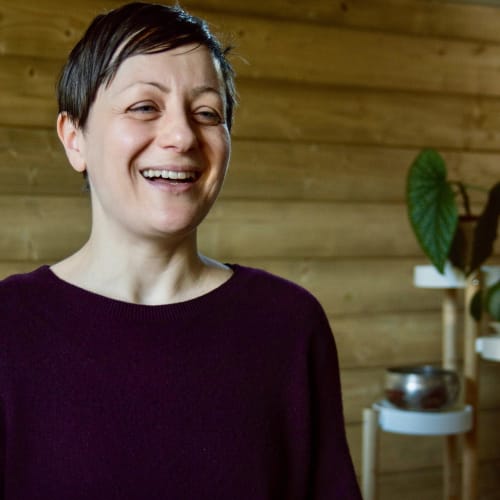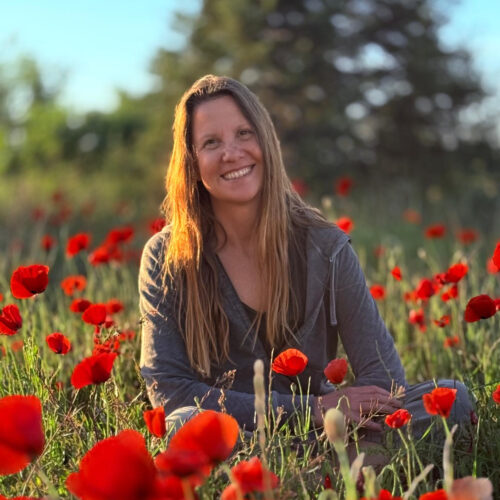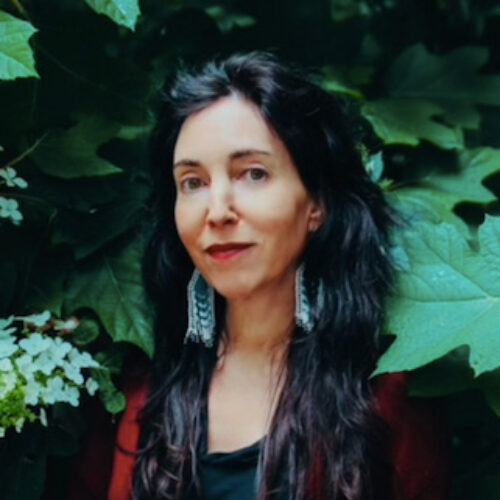In this session Ronya leads us on a journey of exploring the Buddhist principles and practices specifically designed to promote “inner peace” – even amidst a chaotic world.
“Everybody wants a happy life. This goal is entirely dependent on our inner peace… We are trying to seek a joyful, happy life from the outside — that is a mistake.” – His Holiness the Dalai Lama
Many fellow humans find themselves stuck in seeking happiness and peace by attempting to create the conditions for the “perfect life”. This often becomes a very painful, disappointing, and futile endeavor as we realize that not only is it impossible to fully control our outer world, but that life is inherently imperfect.
Thankfully, ancient Buddhist teachings and practices help us cultivate a profound “inner peace” independent of external conditions.
During this “Inner Peace” session, Ronya covers:
The value in practicing Mindfulness to form an intimate connection with present personal experience.
Implementing counterforce measures to purify negative mental forces that rob us of inner peace.
Transmitting our newly cultivated inner peace and wisdom to the outer world.








Discussion